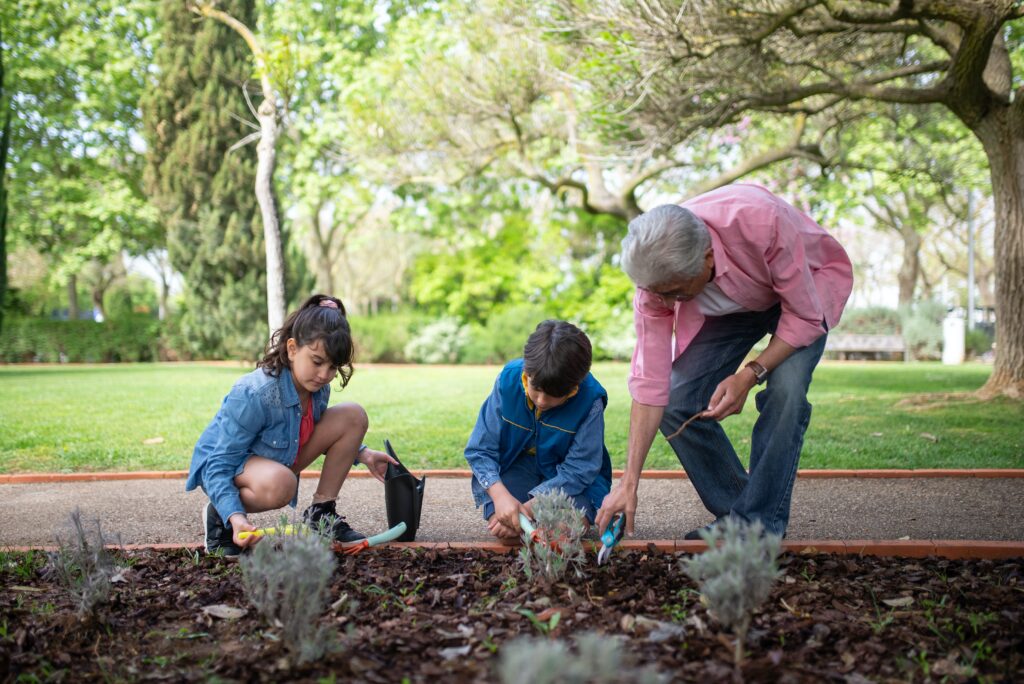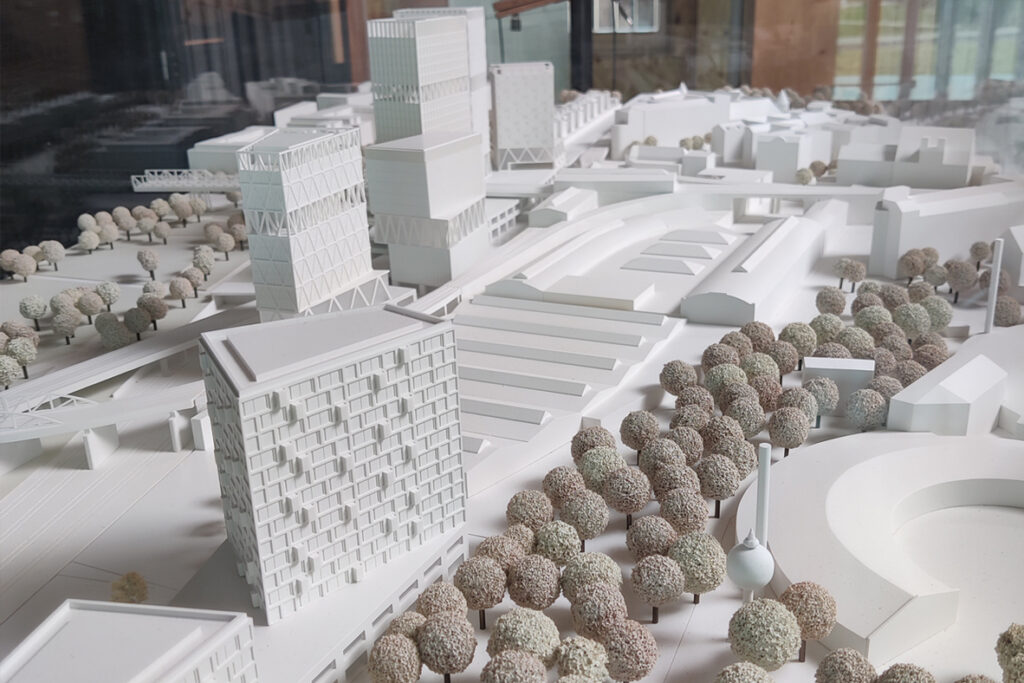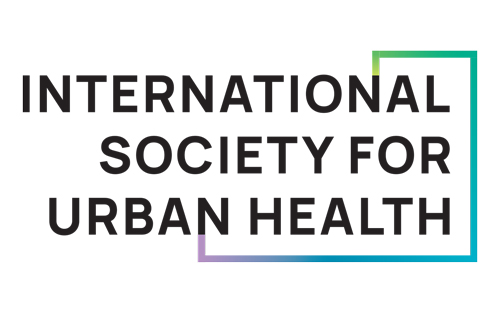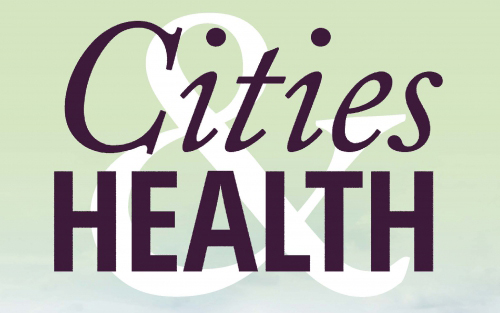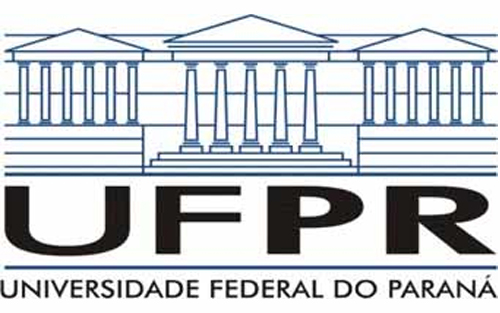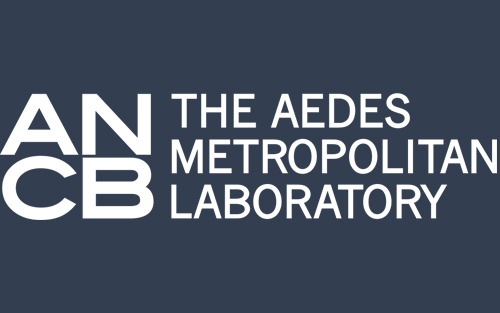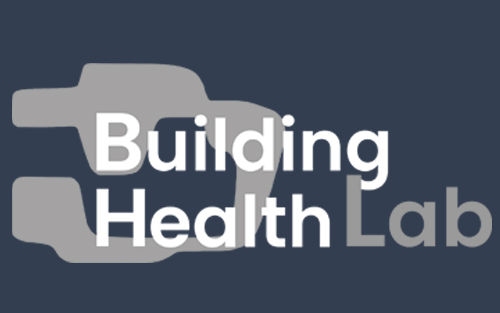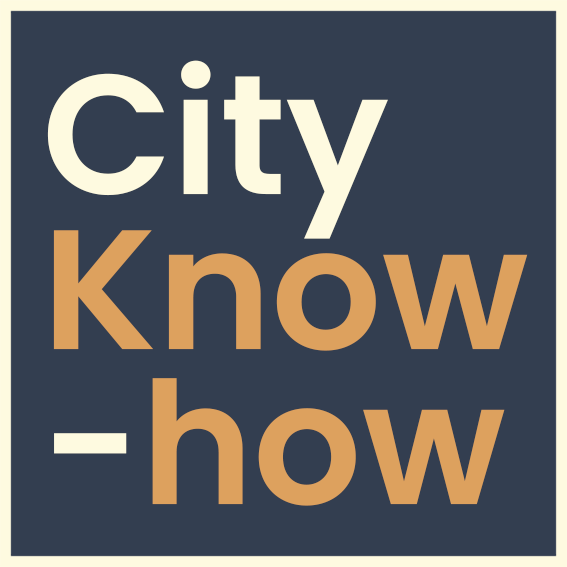
Dialogues with India
November 2024, Berlin, Germany
Day 4, Green
Workshop 4, main objective
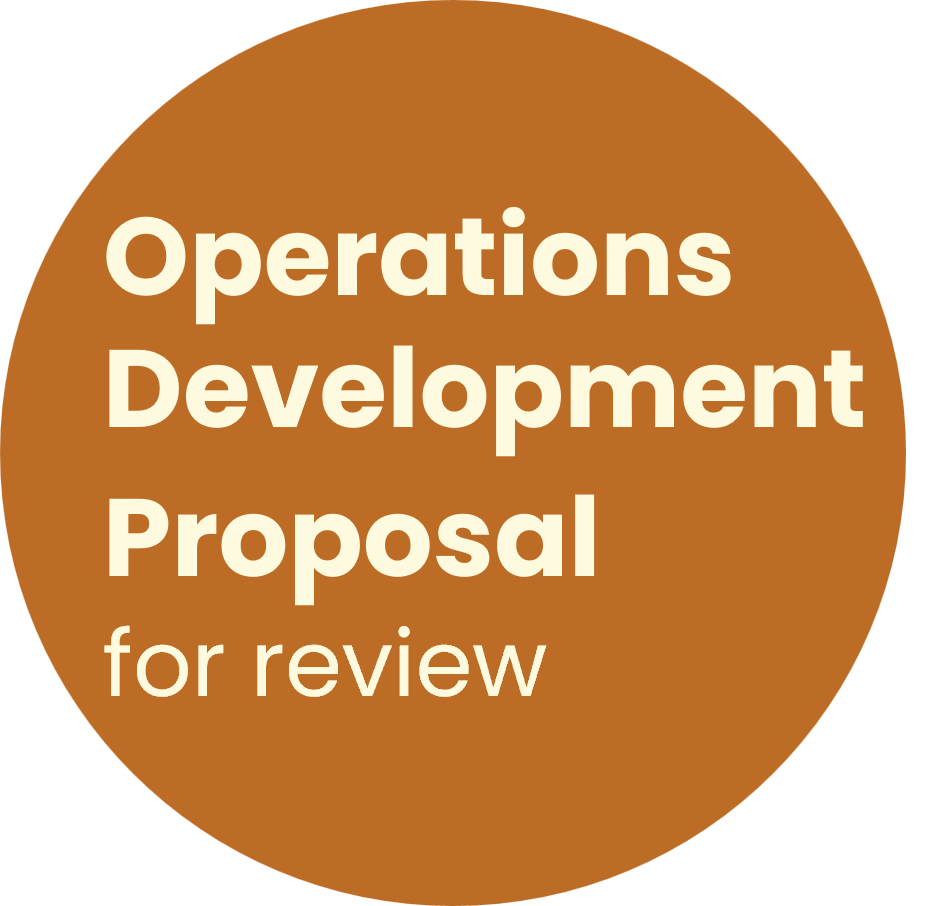
Green Day’s main objective is to draft operational plans for nature-based solutions that favor vulnerable groups.
How does UrbanCare define Green Urban Projects?
Green urban projects are nature-based solutions within city planning and development that improve health and the quality of urban life by tackling the climate and biodiversity twin crises locally.
These projects incorporate green infrastructure that improves user climate comfort and safety in urban public spaces and active travel, including pedestrian pathways, bike lanes, and public transportation stops and stations. These health-centered advantages also support energy savings for cooling and heating with elements such as green roofs and walls and water preservation and management with elements such as swales and rain gardens.
Green urban projects with nature-based solutions improve ecosystem services that ensure cleaner air, soil, and water, directly improving public health and fostering a harmonious relationship between urban development and the natural environment.
Green Day Schedule
Municipalities on Stage | 9:00 – 11:00
The recent spike in temperatures across various regions of India, particularly in Bengaluru and parts of Karnataka, underscores an escalating environmental crisis. Urban flooding has emerged as a frequent challenge in many Indian cities, becoming a focal point in policy discussions due to its extensive damage to infrastructure, property, and human lives. Drought has left its mark on a vast swath of India, with one-third of the nation’s districts experiencing over four drought events in the last decade, adversely affecting around 50 million people each year.
Moreover, the practice of “greenwashing” is increasingly concerning, particularly as it affects the already vulnerable urban green spaces. Examples include real estate projects marketed as “green” despite minimal environmental benefits, consumer goods falsely advertised as “eco-friendly,” and energy companies exaggerating their investment in renewables. These misleading practices highlight the pressing need for stricter oversight and greater awareness to ensure genuine efforts toward environmental sustainability.
Input Lectures | 11:30 – 13:30
- Mitigating Urban Heat Islands: Strategies for Reducing Vulnerability to Heat Waves
- Harnessing Rain: Water Sensitive Urban Design for Resilient and Sustainable Urban Environments
Field Study: Water Sensitive Design Case | 13:30 – 15:30
In our third UrbanCare field study, we will witness how closing the water cycle by cutting runoff and harvesting rainwater accrues health and economic benefits to the city and its citizens. The discussion closes at the GIZ building on Piano See.
Green Workshop | 16:00 – 18:30
Municipalities make groups to discuss and debate three Green issues.
Enhancing Urban Resilience: Discuss urban resilience measures to combat the urban heat island effects, emphasizing the role of Water Sensitive Urban Design (WSUD) and Nature-based Solutions (NBS) for efficient disaster management and public health support.
Maximizing Green Solutions for Economic and Environmental Growth: Explore the economic and environmental benefits of implementing green solutions in urban areas. Discuss data-driven design approaches to capitalize on energy savings from water treatment and cooling, while leveraging healthy ecosystem services and products.
Municipal-led Sustainable Urban Growth: Address the importance of investing in and developing smaller cities to foster sustainable urban growth and alleviate pressures on larger cities.
Sector and related SDGs
